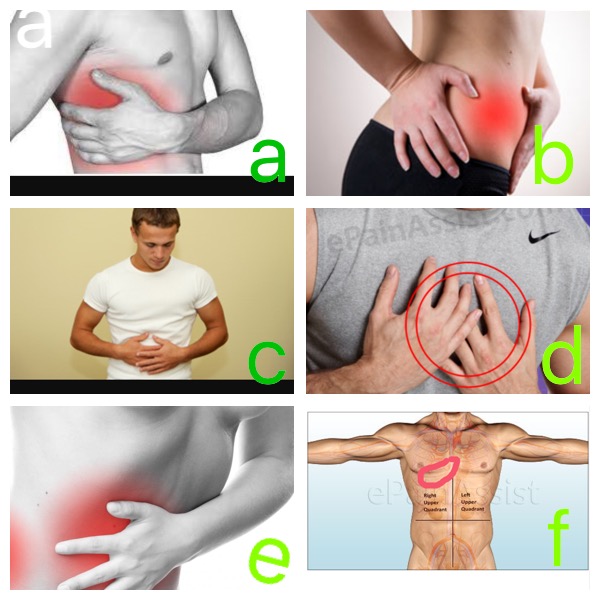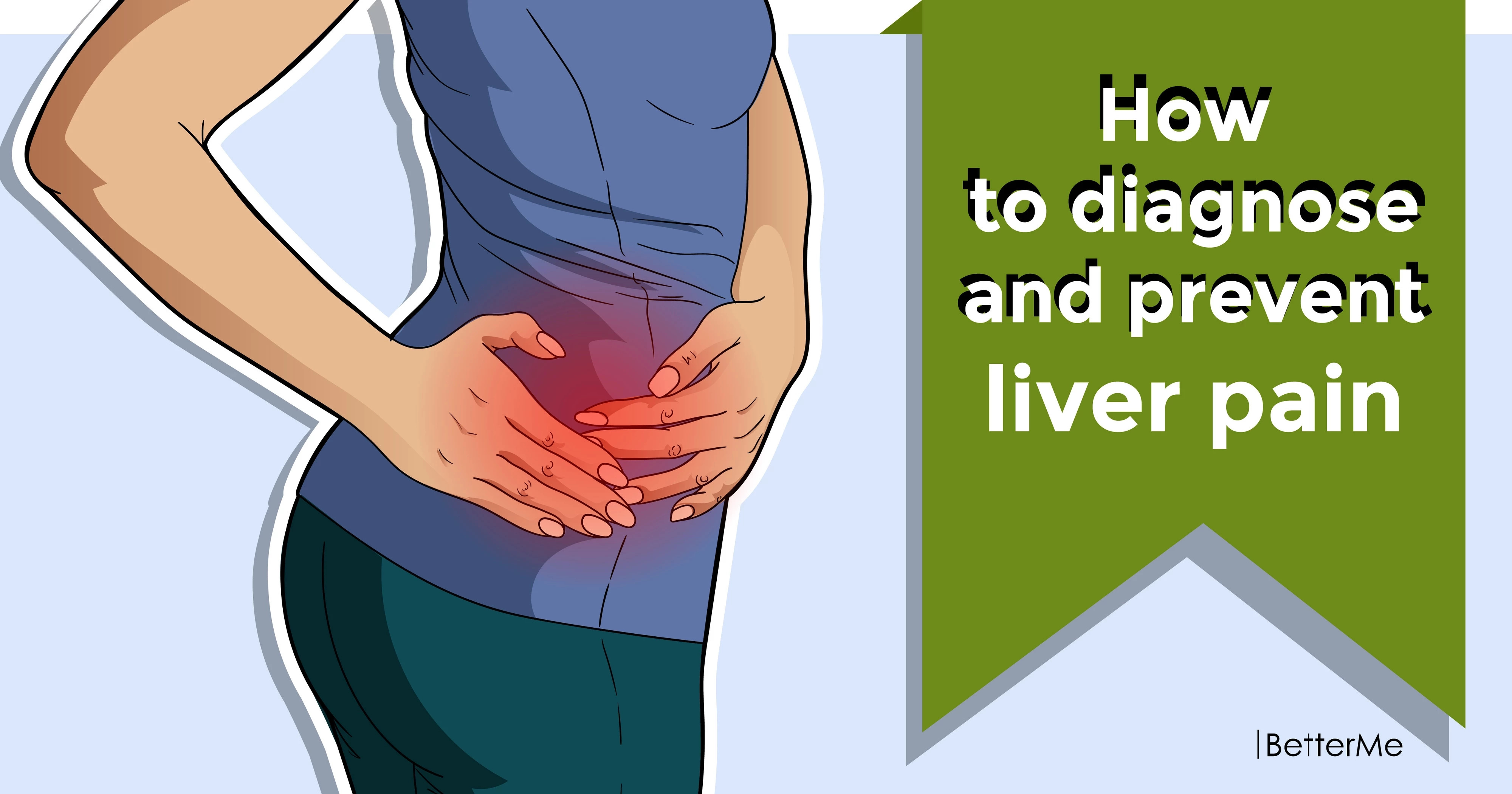Where Liver Pain Is Felt - liver pain can be quite an uncomfortable experience. It is usually a signal that something is wrong and requires attention. In this post, we will explore some common signs and symptoms, potential causes of liver pain, and how to manage the pain effectively.
Liver Pain Symptoms and Signs
1. Abdominal Pain
If your liver is inflamed, you may experience mild to severe abdominal pain. This can be felt in the upper-right portion of your abdomen and can become more intense after eating. You may also feel a dull ache or sharp, stabbing pain in your abdomen.

2. Jaundice
Jaundice is another symptom of liver pain. This is characterized by yellowing of the skin and eyes. It occurs when the liver is unable to process bilirubin, a waste product produced during the breakdown of red blood cells. Jaundice can also cause dark urine and pale stools.

3. Nausea and Vomiting
People who experience liver pain may also feel nauseous and experience vomiting episodes. These symptoms can be mild to severe and are usually accompanied by abdominal pain and discomfort.

Potential Causes of Liver Pain
1. Hepatitis
Hepatitis is an inflammation of the liver caused by viral infections or exposure to toxins. It can cause liver damage and result in liver pain. The most common types of hepatitis are A, B, and C.

2. Liver Cirrhosis
Liver cirrhosis is a severe liver disease that causes damage to liver tissues. It can lead to liver failure and result in liver pain. Liver cirrhosis is commonly caused by alcohol abuse or long-term untreated hepatitis C infections.

3. Non-Alcoholic Fatty Liver Disease
This is a common liver disease that is often associated with obesity and diabetes. It occurs when there is too much fat in the liver. Non-alcoholic fatty liver disease can cause inflammation and liver pain.

How to Manage Liver Pain
1. Lifestyle Changes
You can manage liver pain by making some lifestyle changes. This includes avoiding alcohol, exercising regularly, maintaining a healthy diet, and avoiding smoking.

2. Medications
Your doctor may prescribe medications to alleviate liver pain. These medications include painkillers, anti-inflammatory drugs, and antibiotics.

3. Surgery
Surgery may be required to manage liver pain in severe cases. Liver transplantation is an option for people with severe liver damage or failure.

Conclusion
Liver pain can be a serious health concern. You should seek medical attention if you experience persistent liver pain, jaundice, nausea, or vomiting. With proper medical attention, lifestyle changes, and medications, you can effectively manage liver pain and improve your overall health.
Find more articles about Where Liver Pain Is Felt